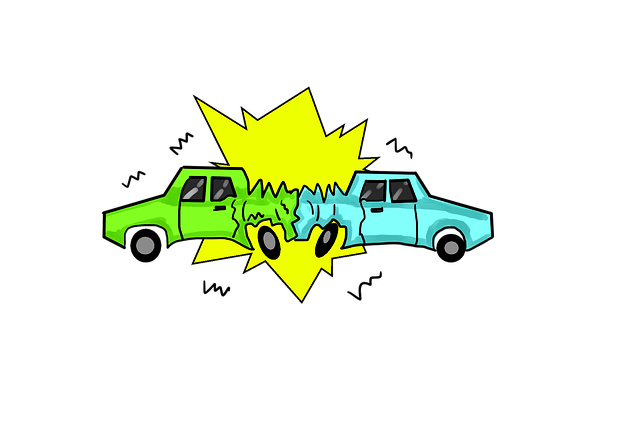Personal injury settlements from truck accidents are generally taxable income in the U.S., with state laws varying on exemptions for medical expenses and lost wages. Taxable components include compensatory damages for pain and suffering, requiring consultation with financial advisors and personal injury experts to understand obligations and plan effectively under complex regulations.
In the event of a truck accident, understanding the tax implications of any settlement or compensation is crucial. This article serves as a comprehensive guide for individuals navigating the complex interplay between truck accident settlements and tax laws. We explore key aspects such as personal injury settlement taxes, how these rules apply specifically to trucking incidents, and practical steps to manage tax obligations after receiving settlement funds. By understanding these factors, victims can ensure they are fully prepared for both financial recovery and tax compliance.
- Understanding Tax Laws on Personal Injury Settlements
- Truck Accident: How Taxes Apply to Compensation
- Navigating Tax Obligations After Receiving Settlement Funds
Understanding Tax Laws on Personal Injury Settlements

Personal injury settlements, including those resulting from truck accidents, are subject to tax implications that often go unnoticed by victims focusing on their recovery. In the United States, the tax treatment of personal injury awards varies by state and can be complex. Generally, such settlements are considered taxable income, meaning the recipient must pay taxes on the amount received. This is true whether the settlement stems from a car accident lawyer Orlando case or an employment dispute.
Understanding these tax laws is crucial for individuals navigating truck accident settlements. While some states may have specific exemptions or reduced tax rates for certain types of damages, such as medical expenses and lost wages, compensatory damages for pain and suffering are usually taxable. Consulting with a financial advisor or a personal injury consultation expert can help victims understand their obligations and plan accordingly, ensuring they comply with tax regulations while managing their settlement funds effectively.
Truck Accident: How Taxes Apply to Compensation

In the event of a truck accident, the financial implications can be complex, especially when it comes to truck accident settlements. These settlements often include compensation for various damages, such as medical expenses, lost wages, and pain and suffering. Tax laws play a significant role in determining how much of this compensation is taxable. It’s crucial to understand that while some portions of a truck accident settlement may be tax-exempt, the specific rules vary based on state and federal regulations.
A Miami personal injury lawyer can help navigate these complexities. Generally, personal injury compensation, including that from truck accidents, is considered taxable income. However, certain elements might qualify for exemption under specific circumstances. For instance, medical expenses often deductible from taxable income. In contrast, damages awarded for pain and suffering or loss of enjoyment of life may be partially or entirely taxable, depending on the jurisdiction and the nature of the settlement, including any product liability settlement components.
Navigating Tax Obligations After Receiving Settlement Funds

Navigating Tax Obligations After Receiving Settlement Funds from a truck accident can be complex, especially for individuals unfamiliar with tax laws. When you settle a claim for damages incurred due to another party’s negligence, the settlement funds are considered taxable income. This includes not only monetary compensation but also any non-monetary benefits, such as medical coverage or rehabilitation services, which have monetary value. It’s crucial to understand these implications early on, as tax obligations can significantly impact your final settlement amount.
In the event of a truck accident, it’s recommended to consult with both a Boca Raton auto accident attorney and a financial advisor or accountant who specializes in personal injury cases. They can help you decipher the tax rules surrounding accident compensation, ensuring that you comply with all regulations. This process involves accurately reporting the settlement income on your tax returns, taking into account deductions for any legitimate expenses related to the accident, such as medical bills or rehabilitation costs.
When it comes to truck accident settlements, understanding the tax implications is a crucial step in the compensation process. By familiarizing yourself with personal injury settlement taxes and navigating post-settlement obligations, you can ensure that your financial recovery from a truck accident is as beneficial as possible. Remember, seeking professional advice from tax experts or legal specialists is always recommended to help you make informed decisions regarding your unique circumstances.






